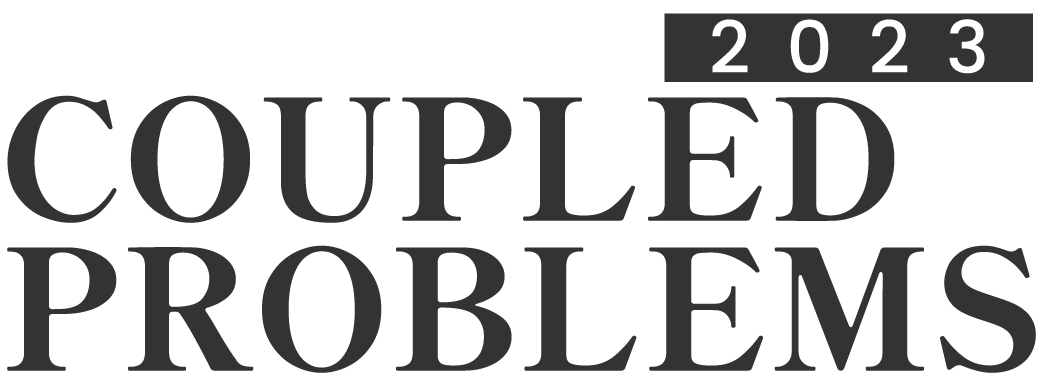

Gradient-enhanced micropolar damage-plasticity modeling of localized failure: Framework and computational aspects
Please login to view abstract download link
This contribution is on numerical modeling of quasi-brittle failure and post-failure conditions for cohesive-frictional materials including strain localization and damage. It includes in a first part the presentation of a gradient-enhanced micropolar framework for damage-plasticity models, and its implementation for a specific damage-plasticity model for concrete. In this approach, the micropolar continuum is used for regularizing non-associated plastic flow and shear band dominated failure, while a gradient-enhanced continuum approach is used for regularizing mode I failure. The model therefore includes several internal length parameters, among which are a first one related to the thickness of a localized failure process zone for cracking in tension, and a second one related to a finite width of localized shear bands occurring under multiaxial compression. This allows to concurrently eliminate pathological mesh sensitivities both in mode 1 and shear failure. The capabilities of the model are demonstrated for concrete specimens under uniaxial and multiaxial loading, showing excellent performance of the proposed model in all considered test cases [1]. The objectives of the contribution also comprise a discussion of computational aspects of the arising multi-field formulation. Application of the gradient-enhanced micropolar framework in finite element analyses results in a nonlinear equation system, which is solved iteratively by means of the Newton-Raphson scheme. In each step, a large but sparse block structured linear system is solved, in the present case using a preconditioned Krylov method. The efficiency of this linear solution process is crucial for the overall performance of the method. The contribution reviews how the block system structure evolves throughout a computation involving localized failure, and it shows that it is highly beneficial in the context of the gradient-enhanced micropolar models to use problem adapted block-preconditioners instead of relying on general-purpose black-box methods. [1] Neuner, M., Gamnitzer, P. and Hofstetter, G. A 3D gradient-enhanced micropolar damage-plasticity approach for modeling quasi-brittle failure of cohesive-frictional materials. Computers & Structures (2020) 239:106332.

